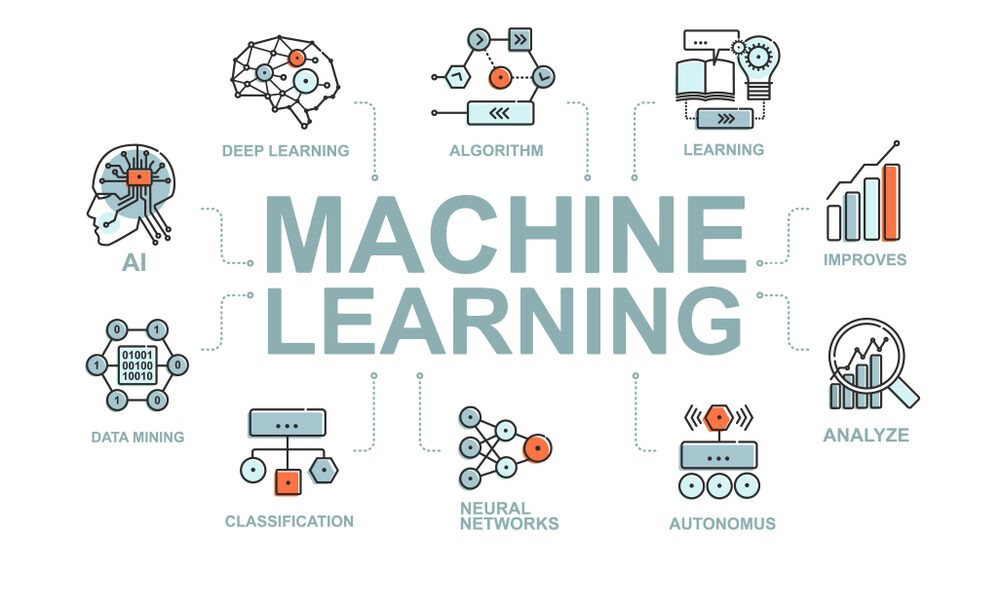Bringing Together the Brightest Artificial and Human Minds to Shape the Future of Data-Driven Software!
The SEMLA international symposium brings together leading researchers and practitioners in software engineering and machine learning to reflect on and discuss the challenges and implications of engineering complex data-intensive software systems.
The SEMLA 2025 symposium focuses on two themes that are redefining how we design, develop, and operate AI-driven software systems.
- AgentOps focuses on the emerging discipline of operationalizing intelligent agents within software pipelines; agents that can not only generate and evaluate code but also support debugging, validation, and continuous deployment.
- Intelligent Systems highlights the role of LLMs in software engineering and Digital Twins as powerful tools for modeling, simulating, and optimizing real-world systems in real time. In particular, Digital Twins are becoming essential components in driving sustainable development, offering actionable insights for infrastructure, energy, and environmental applications.
The registration desk is located on the 4th floor of Pavillon Principal, in room C-408.





